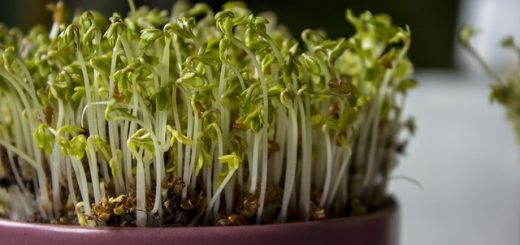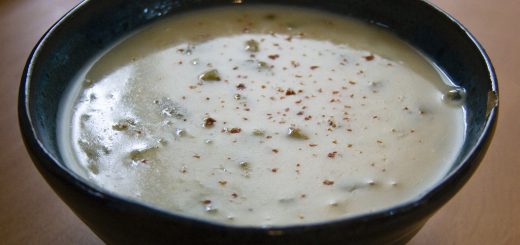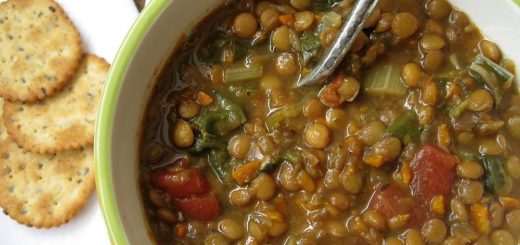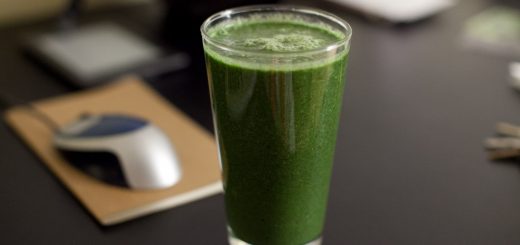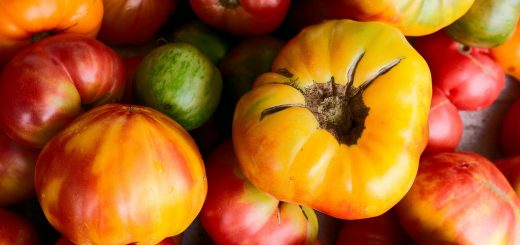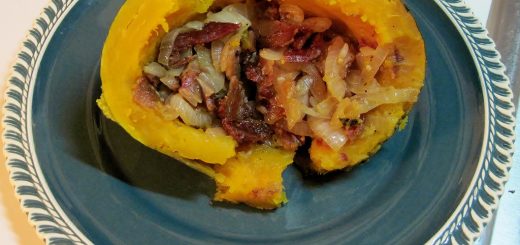Earth Day Message From Farmer John
Agriculture is one of the largest sectors contributing to environmental deterioration and energy consumption that contributes to greenhouse gas emissions and climate change. Our industrialized food system and the long distance transportation of our fruits and vegetables needs to change. But while agriculture is a part of the problem it also has the potential to be a big part of the solution.
When I first became interested in organic farming it was because I believed we needed to learn to grow food without the use of toxic chemicals that not only poison the consumer but also proliferate in the environment and pose a threat to other species. As time went by I came to believe that organic Ag had a role to play in the battle against climate change by maintaining high levels of organic material, i.e. carbon and keeping it out of the atmosphere. High organic matter has many benefits to the soil; better water retention, less compaction and slowly released nutrients to name just a few.
Research over the past several decades has now demonstrated what organic enthusiasts have believed for years is true – that the soil is a living entity; a microbiological ecosystem. A healthy, balanced soil produces healthy plants and when the system is disrupted, bad actors (bacteria, fungi etc.) take over causing disease. In conventional farming this then leads to use of more toxic chemicals to control the disease and further degradation of the ecosystem. This is very similar to the understanding that we have come to have regarding the microflora of our gut and it’s relation to human health. The implication for the carbon cycle is that this soil food web ties up lots of carbon in the bodies of the microbes (and larger animals like earthworms) and keeps it out of the atmosphere.
The Rodale Institute has been researching the carbon cycle for decades and is convinced that transition to organic farming practices and proper grazing of animals can not only account for current carbon emissions but actually begin to reduce CO2 levels in the atmosphere. A new paradigm for farming has emerged and has been dubbed Regenerative Agriculture. Through cover cropping, re-mineralization, composting and reduced tillage we can restore our soils and begin to mitigate the deleterious effects of CO2 and other greenhouse gases on the atmosphere.
This is what we will be moving towards here at Circle Brook Farm. It is not easy; it requires new equipment, more fallow time for the fields, additional expenses for cover crop seed and rock dusts and most of all the courage to abandon tried and true practices and risk failure by implementing new planting systems. For these practices to be implemented on a wide scale local organic farmers need the support of consumers.
If you are already a CSA member I thank you and if you are still reading this lengthy tome I thank you for that as well. If you are thinking of joining the CSA program I hope you will. But if you cannot, please seek out local organic produce at a farmer’s market or demand it at your local grocery store. Please do not buy over packaged meal kits that don’t contain local produce. Please help to spread the message. Word of mouth is the most powerful advertising we have. Please take the time to speak with your family and friends about the importance of eating local and organic and share the message on social media. For your health and the health of the planet!
Best, Farmer John
